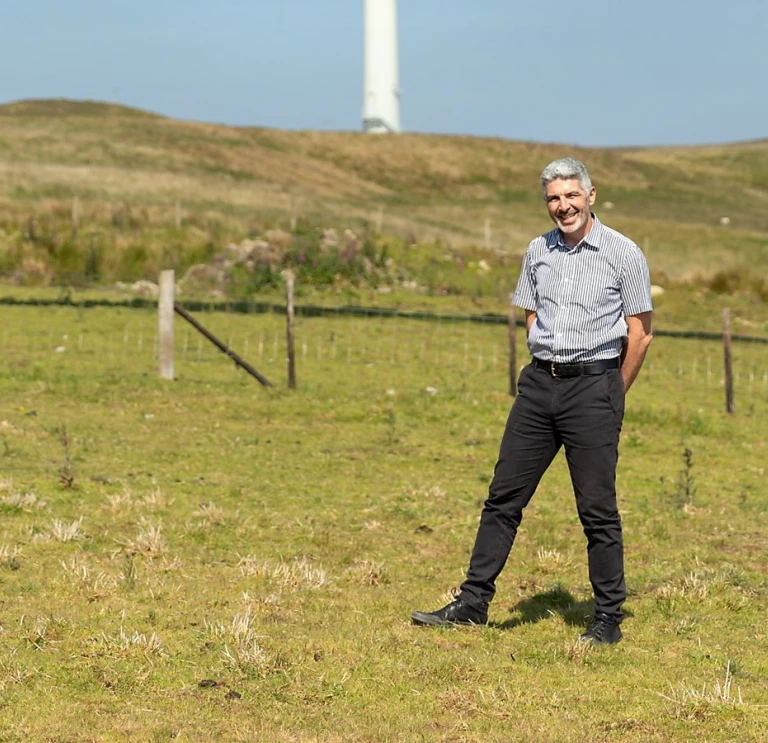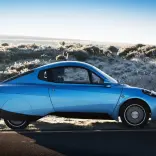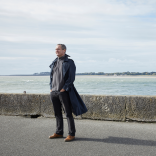Como todos los países, Gales enfrenta una serie de desafíos, como el cambio climático, la pobreza, las desigualdades en materia de salud, el crecimiento y el empleo. Para que las generaciones actuales y futuras tengan una buena calidad de vida, todos deben ser responsables del impacto a largo plazo de las decisiones que tomamos.
Con estos desafíos en mente, Gales está haciendo las cosas de manera diferente, para crear un futuro próspero, saludable, igualitario y resistente, para nuestro país y para el mundo. Nuestros ambiciosos objetivos son inspirar a los gobiernos de todo el mundo y a organizaciones como las Naciones Unidas, que observaron: "Esperamos que lo que Gales está haciendo hoy, el mundo haga mañana".
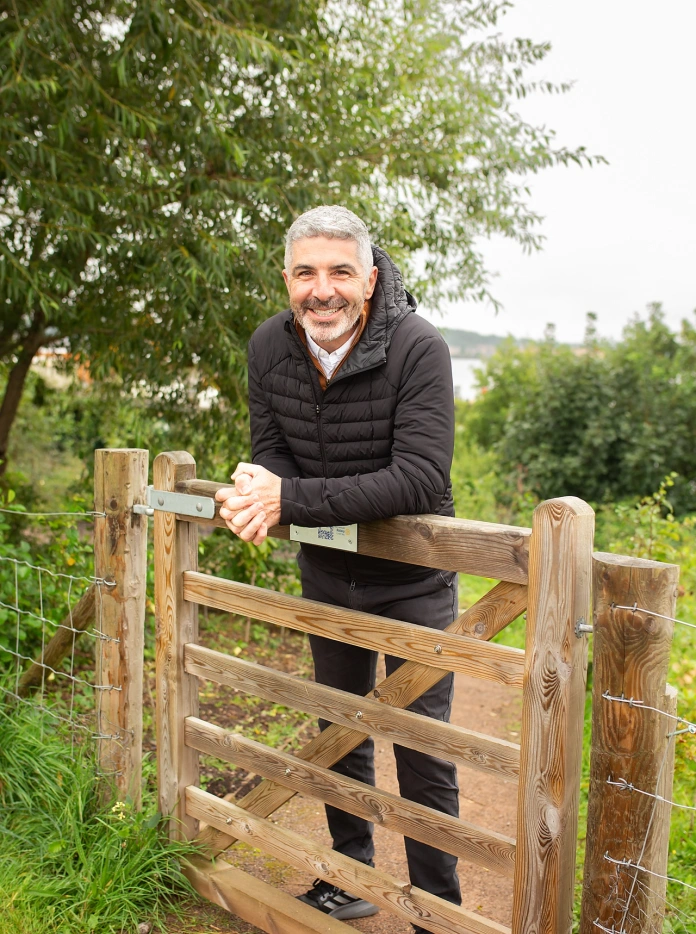
Haciendo cambios
Hacer de Gales un país más cohesionado significa ayudar a las comunidades a vivir juntas y entenderse entre sí. En Gwent, el proyecto Ffrind i Mi ("amigo mío") dirigido por la junta de salud local apoya a las personas que se sienten solas o aisladas para volver a conectarse con su comunidad. Y en Brecon, los hogares de cuidados están trabajando con las escuelas locales para conectar a las generaciones mayores y menores a través de la jardinería.
Los organismos públicos están cambiando su forma de pensar sobre el impacto a largo plazo de sus decisiones, para ayudar a prevenir problemas antes de que sucedan. Los servicios públicos están comenzando a trabajar más estrechamente con personas y comunidades para ayudarnos a crear el País que queremos, ahora y en el futuro.
Por ejemplo, Transport for Wales (TfW) es la empresa sin fines de lucro que proporciona nuestra red de transporte. Está impulsando la agenda de las generaciones futuras a escala nacional al desarrollar una cadena de suministro para beneficiar a las comunidades galesas y promover la sostenibilidad a largo plazo. Esto significa asignar responsabilidades a sus contratistas en torno al empleo ético, la minimización de residuos y la descarbonización. TfW también está invirtiendo en trenes más amigables con el medio ambiente que se desplegarán en los próximos años, en reemplazo de la flota existente.
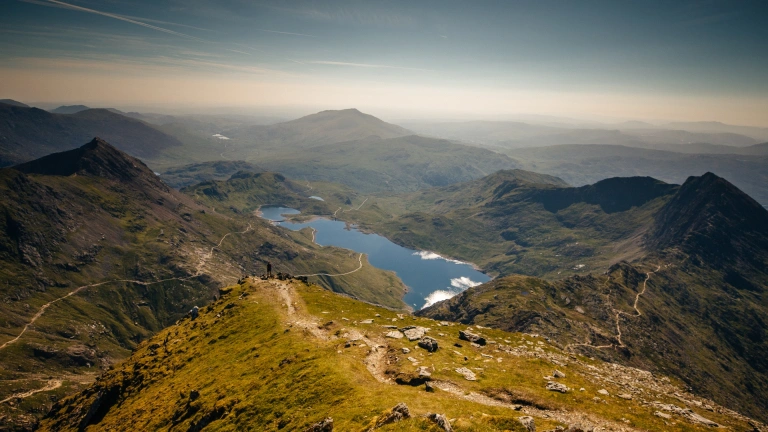
We have also switched our evaluation process to one based on well-being, rather than GDP. So government and public bodies must, by law, deliver decent work opportunities and a low carbon society. We have a new transport strategy, and there’s a plan to move 45% of all journeys taken in Wales to either public transport, or to be taken on foot or by bicycle.
When I took on the role of Commissioner, I set out an ambition for Wales to really feel different. I want people to arrive here and for it to feel like a breath of fresh air. For visitors to feel there’s something unique about this country, where we put the well-being of our people and planet first.
After the act launched here, parliaments in Scotland, Ireland and Japan worked on introducing similar types of legislation. And the UN Secretary General endorsed a proposal for a special envoy for future generations, citing Wales as an inspiration.
From Wales to the world — o’n bro i'r byd — the act offers a huge opportunity for us to make a long-lasting, positive change. To avoid further harm from the climate and nature emergencies, and ensure future generations can thrive, we need urgent and transformational change. I believe Wales is the perfect place to show what’s possible.

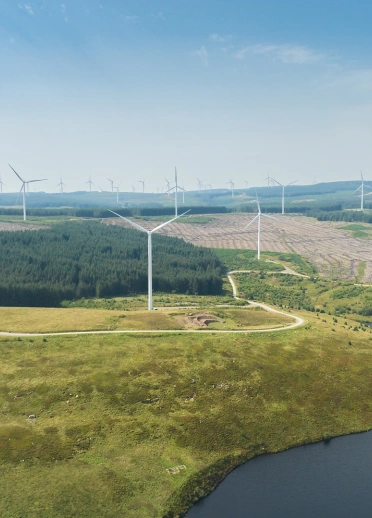
Finding solutions fast
During his first year in the role of Future Generations Commissioner, Derek launched a new strategy, Cymru Can. Its aim is to up the scale and quicken the pace at which the principles of the Future Generations Act are implemented across government bodies in Wales.
Taking place across a seven-year period, between 2023 and 2030, the new campaign will focus on five main areas within the wider framework of the act, ensuring the legislation: improves people’s everyday lives; responds to the climate and nature emergencies; does more to prevent ill health; works to establish a well-being economy; and protects and enhances culture and the Welsh language.
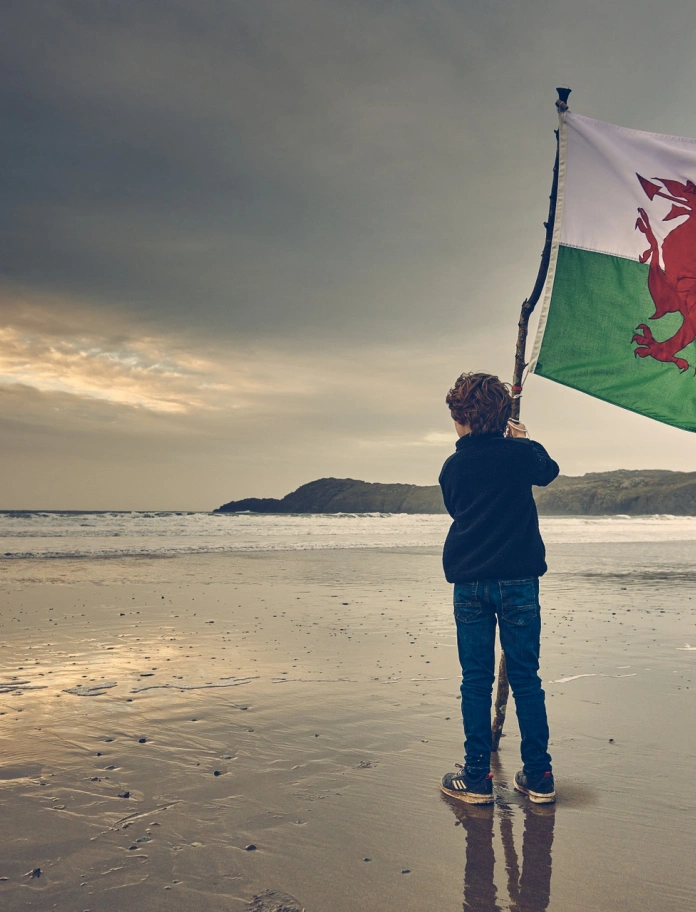
Closing the gap between aspiration and delivery
People, including myself, are proud of the Well-being of Future Generations Act and our well-being goals – but we must push harder to ensure they’re better implemented to make more positive change in people’s daily lives, now and in the future.
We need urgent and transformational change, with joined-up and long-term solutions to problems like the climate and nature emergencies, inequality and poverty and it’s not happening at the pace and scale we need it to – it’s my job to work with others to find better ways to support that change.
Our seven well-being goals
The Well-being of Future Generations Act set out seven clear goals. And because everything’s connected, our public bodies must work to achieve all of them.
A prosperous Wales.
A resilient Wales.
A more equal Wales.
A healthier Wales.
A Wales of cohesive communities.
A Wales of thriving culture and vibrant Welsh language.
A globally responsible Wales.
Find out more: futuregenerations.wales
